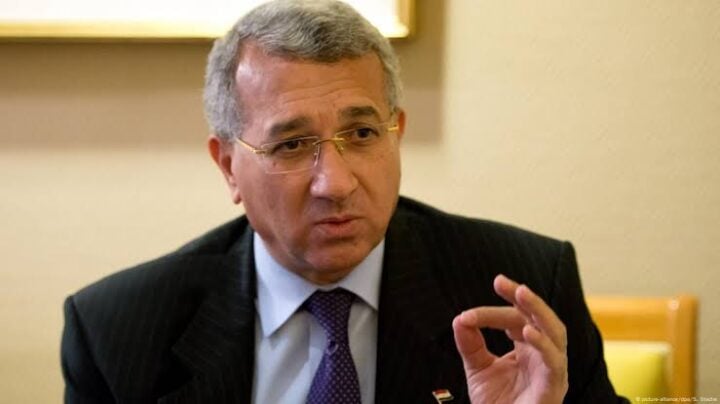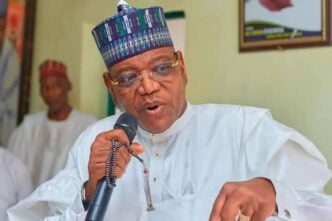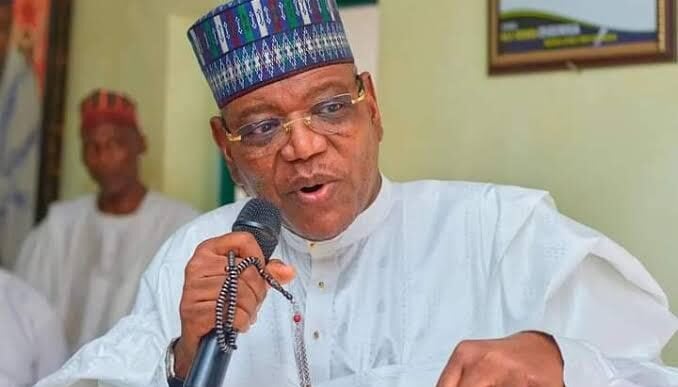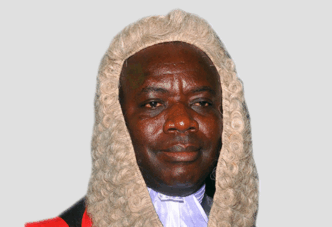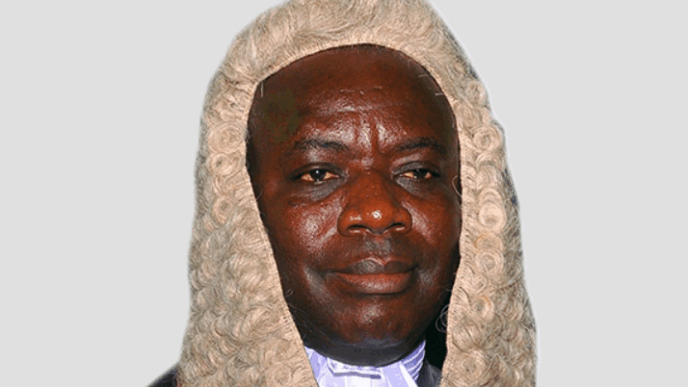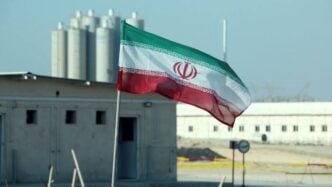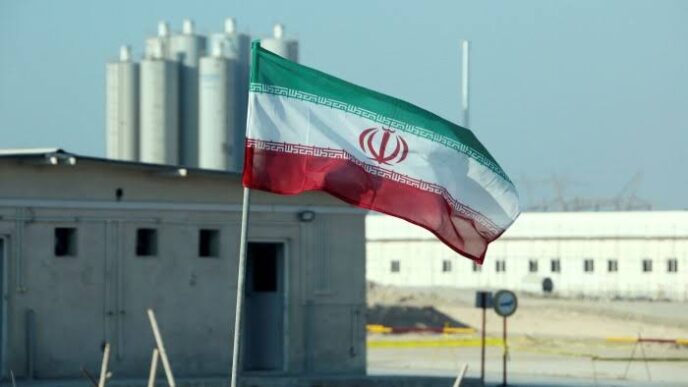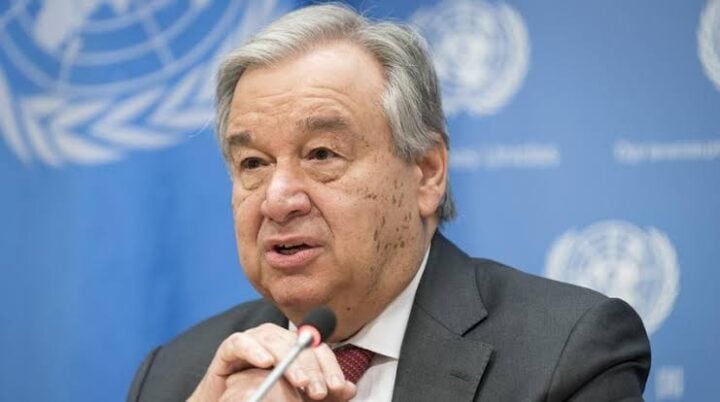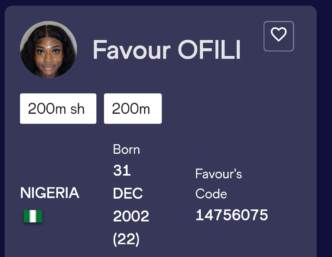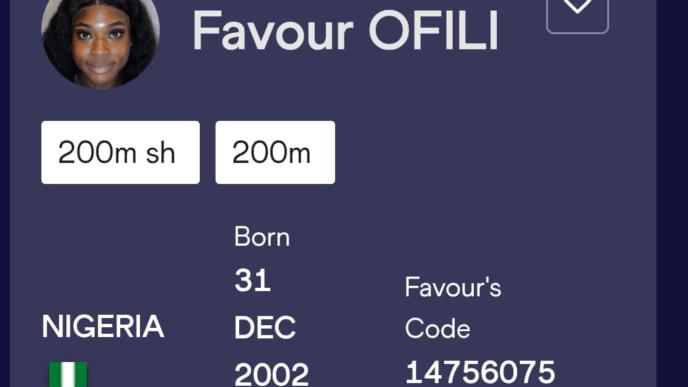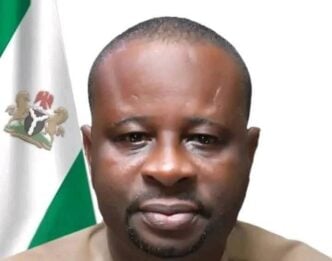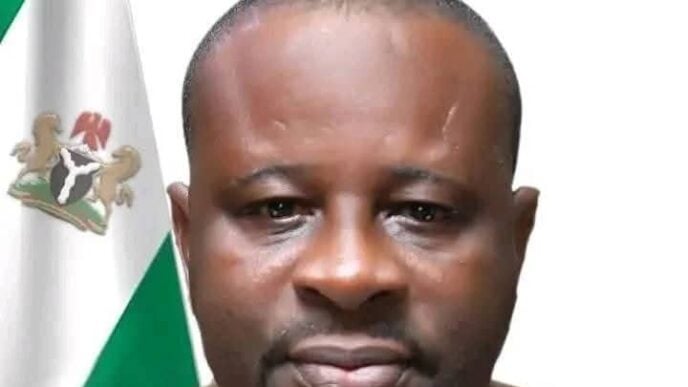Mohammed Higazy, a fluent speaker of Arabic, French, English, and Spanish, has held several prominent diplomatic roles. He served as Egypt’s ambassador to Jordan, India, and Germany, and also held the positions of government spokesperson and assistant minister of foreign affairs.
Currently, he serves as the director of the North Africa Regional Office (NARO) of the United Cities and Local Governments of Africa, a Pan-African International Organisation, which builds African unity and drives African development through grassroots efforts.
In this interview with TheCable’s SAMUEL AKPAN, Higazy, an expert on African development, discusses how African nations can harness the US aid cuts, particularly those from USAID, for strategic economic collaboration and self-reliance.
He also shared insights on how Nigeria can eradicate malaria by adopting Egypt’s model, which achieved WHO malaria-free certification in 2024.
Advertisement
TheCable: US President Donald Trump recently cut American aid, significantly affecting developing countries. How can Africa seize this moment to enhance economic collaboration?
Higazy: I agree that recent cuts of American aid will significantly affect developing countries, including us in Africa, but let us examine how we can turn US aid cuts into economic collaboration opportunities. The drastic reduction of US foreign aid (90 percent cuts to USAID contracts) threatens health, food security, and disease control programmes across Africa, risking millions of lives.
However, this crisis also presents transformative opportunities in many areas, like domestic resource mobilisation. Many experts argue that aid dependency stifles innovation. Countries in Africa can now prioritise tax reforms, local investment, and sectors like agriculture (e.g., Ghana) and technology (e.g., Kenya) to build self-sustaining economies.
Advertisement
The private sector and partnerships are also a great opportunity. Organisations like GiveDirectly are pivoting to private donations, raising $630,000 after a $20 million USAID shortfall. Initiatives like the Boost Africa Initiative (€200 million for startups) show how venture capital can fill funding gaps. Regional trade integration, such as the African Continental Free Trade Area (AfCFTA), can replace donor-driven markets. The East African Trade and Investment Hub previously generated $600 million in exports — a model for intra-African trade expansion.
TheCable: Political instability, such as the frequent military incursions in some West African nations, is a threat to this collaboration. What is the solution?
Higazy: Solving West Africa’s political instability is key to developmental success. Military coups in Mali, Burkina Faso, and Niger reflect governance failures and external interference. The solutions require a governance overhaul. ECOWAS must enforce stricter anti-authoritarian measures, drawing from its 2017 success in Gambia, where it restored democracy through force.
Also, we need to reduce foreign meddling as it clearly exacerbates instability. The AU should establish sanctions against external actors fueling coups. Among the tools to enhance stability is our attention to youth, I mean youth inclusion and security. As we all know, 59 percent of global terrorism deaths occur in sub-Saharan Africa, driven by marginalisation and lack of youth opportunities. Investing in job creation and community policies can undercut recruitment by terrorist groups.
Advertisement
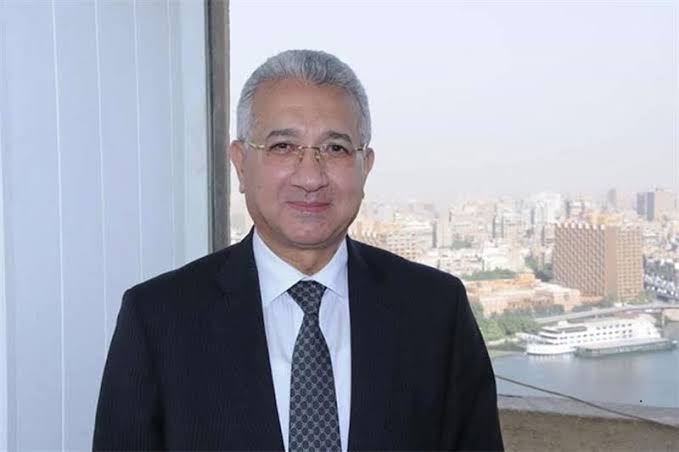
TheCable: The EU is effective in collaboration compared to the AU. From your experience, what structural or political factors contribute to this difference, and how can the AU strengthen its unity and impact?
Higazy: The EU’s cohesion stems from pooled sovereignty and binding institutions. The AU lags due to structural weaknesses: ECOWAS struggles with funding shortfalls and logistical disarray during interventions (e.g. Liberia peacekeeping). The AU needs a self-financed ‘peace fund’ like the EU’s cap.
Political fragmentation is another impediment as divergent priorities among members (e.g. withdrawal of Mali, Burkina Faso, Niger from ECOWAS) hinder consensus. The AU should adopt qualified majority voting for security decisions.
The AU should implement UN Resolution 2719 (2023) for predictable AU peacekeeping funding and scale joint infrastructure projects (e.g., trans-African highways), and my PhD proposal for East Africa economic corridor between Egypt, Sudan and Ethiopia to foster economic interdependence where power grid linkage, roadways and railways will link the three countries where water cooperation will be among many beneficial aspects, enabling land locked Ethiopia to access the Mediterranean.
Advertisement
TheCable: The past weeks have seen a renewed terrorist attacks in the Sahel. Can African leaders unite and stamp out terrorist groups from the continent?
Higazy: Terrorist groups exploit porous borders and governance vacuums. Success demands regional force and coordination: The multinational Joint Task Force (Lake Chad Basin) and Accra Initiative must share intelligence and harmonise operations.
Advertisement
The AU’s joint roadmap with the UN (October 2024) is a critical step. Addressing root causes is imperative; 68 percent of Burkina Faso’s youth are unemployed — a recruitment pipeline for militants. Initiatives like Nigeria’s Civilian JTF show community-led deradicalisation works. You also need to add tech-driven surveillance as the use of AI and drones for border monitoring is key to success, particularly if it is done in a collective manner.
TheCable: Egypt was certified malaria-free by the WHO in 2024. Can you briefly walk us through the country’s journey, and what lessons other African nations like Nigeria, still battling the disease, can learn from it?
Advertisement
Higazy: Egypt achieved WHO certification in 2024 after a fight that lasted almost a century. The phased strategy was:
- 1920s–40s: Reduced human-mosquito contact via crop restrictions near homes.
- 1940s–2000s: Scaled treatment networks (16 clinics, 4,000 health workers), cutting cases from 3 million to near zero by 2001.
- 2010s–2024: Integrated vector management (e.g, cross-ministerial committee) and free healthcare for migrants.
Nigeria should carry out targeted surveillance. Egypt contained a 2014 outbreak in Aswan via rapid testing and community alerts. Nigeria could deploy mobile clinics in high-burden states. Egypt’s 95 percent access to clinics within 5 km is replicable through Nigeria’s NHIS.
Advertisement
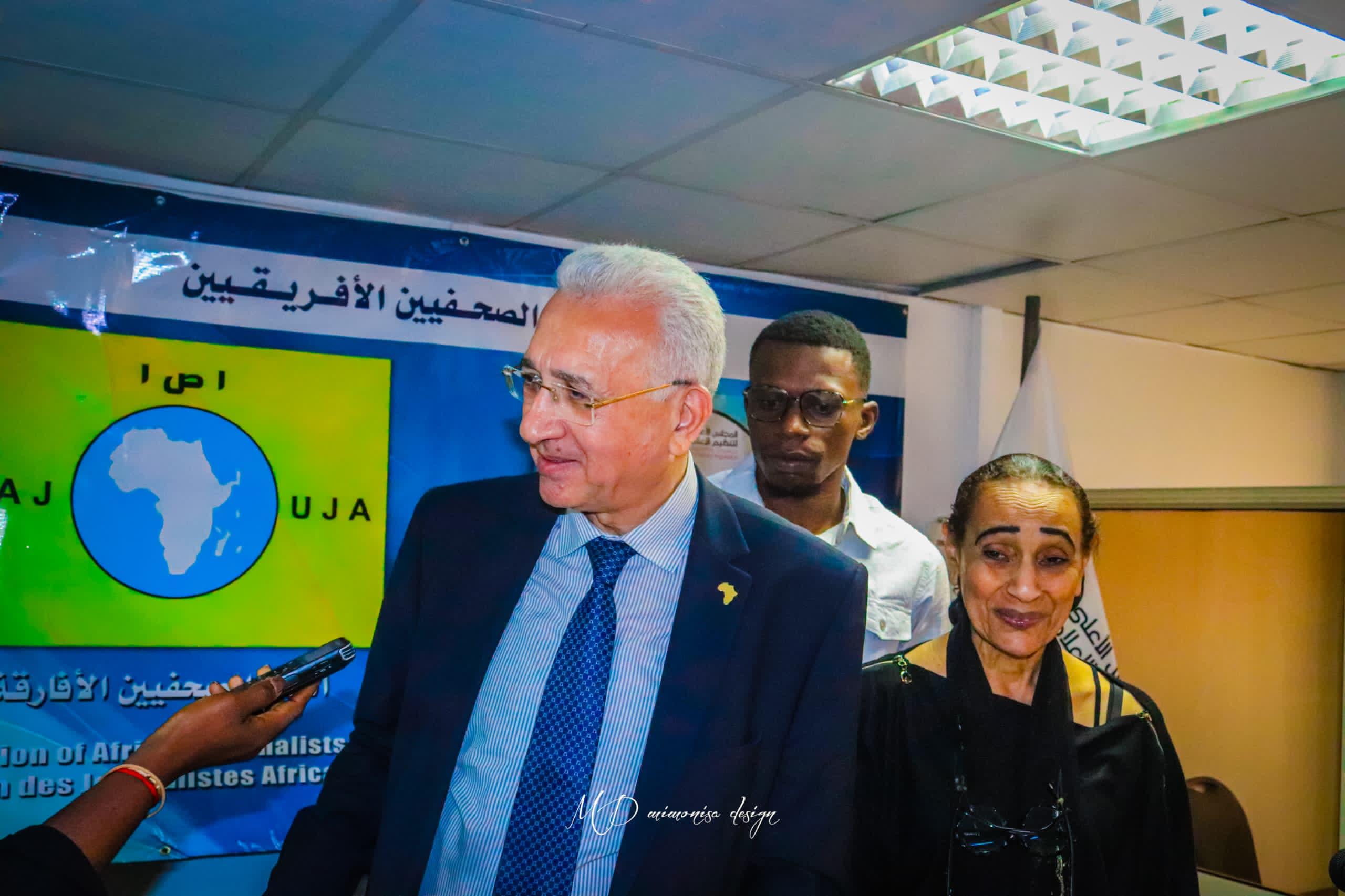
TheCable: What inspiration is behind Egypt’s new administrative capital project? When did the construction begin, and what is the timeline for completion?
Higazy: Egypt wants to decongest Cairo (population 20 million) and symbolise modernity via smart infrastructure. The journey started in 2015, announced at the Egypt Economic Development Conference. During phase one, 2016–2023, we built the government district, CBD, and an iconic tower (Africa’s tallest skyscraper). In 2025, we are inaugurating the African Space Agency premises.
TheCable: How is Egypt addressing its housing deficit and the challenge of abandoned projects. What lessons can be drawn from these efforts?
Higazy: Egypt tackled a 3-million-unit backlog through the social housing fund (SHF). World Bank’s $500 million project (2015) funded low-income homes, creating 1.5 million jobs and aiding 1.6 million low-income Egyptians. Egypt also encouraged rental programmes whereby private landlords lease to low-income tenants, reducing informal settlements.
The financing model also played a role by combining international loans (e.g. World Bank) with private investment. The use of modern technology was instrumental in achieving infrastructure transformation in the country.
TheCable: The Israeli-Palestinian conflict has dragged on for months. Why have peace efforts and ceasefire failed, and what do you consider the permanent solution to the war?
Higazy: This is a clear issue of injustice, disrespect of international humanitarian law and an unimaginable breach by the state of Israel of all acceptable humanitarian and religious practices. The world community should stand firm with a global sanctions regime against Israel, like the sanctions we imposed on apartheid South Africa, leading to its dismantling.
The two-state solution remains our only option to bring peace to the Middle East, and the international conference planned on June 17, 2025 in New York for the support of the two-state solution and the expected recognition of many countries of the State of Palestine is key to a peaceful solution and stability in the Middle East.
